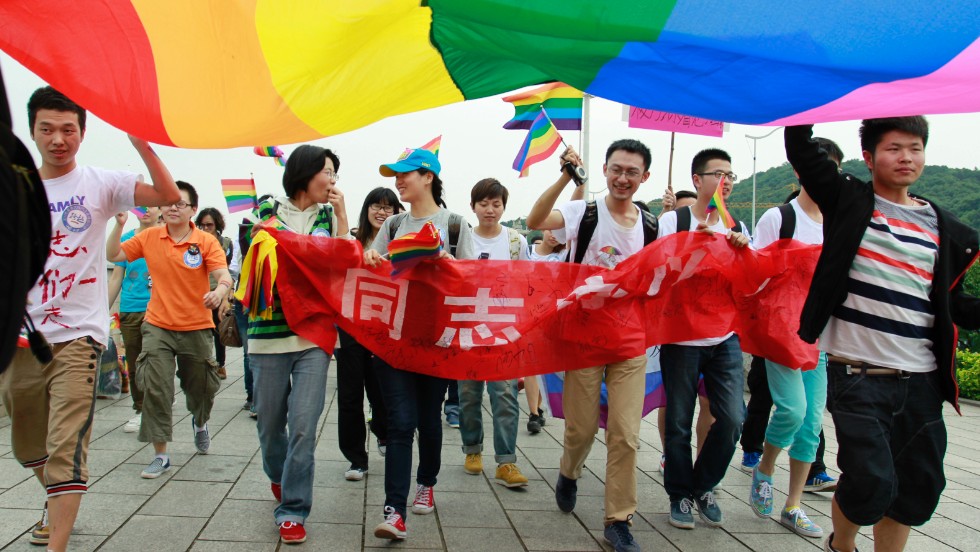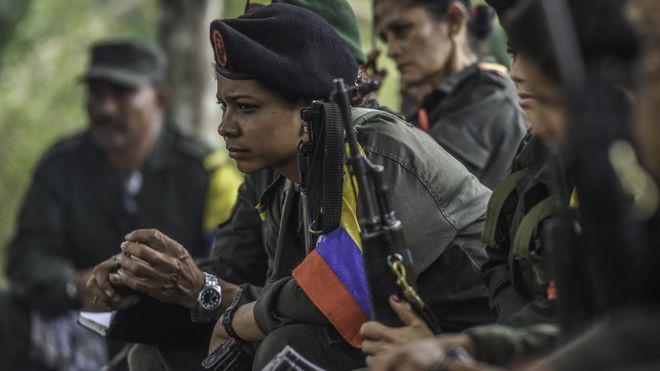By Sarah Lafen
Impunity Watch Desk Reporter, Europe
ROME, Italy — On Wednesday, Italy pledged 200 million euros ($215 million) to several African countries to aid in their efforts of better controlling their borders. The goal of the fund is to reduce the number of migrants who leave these countries and risk their lives traveling to Europe by preventing them from leaving their home countries. The fund also hopes to deter human traffickers and smugglers who control the migration routes from Africa to Europe.
The fund, known as the Africa Fund, will aid in the “fight against human trafficking and illegal migration” according to Italian Foreign Minister Angelino Alfano. The money will help train each nations’ security forces that control the borders, as well as pay for equipment to better monitor their borders. The funding will also be allocated partially towards Libya’s coastguard, as well as United Nations refugee and migrant agencies that can use the money to improve the living conditions of migrants in those countries.
At a press conference, Alfano further explained the fund’s goal of focusing efforts on the African countries migrants leave from, saying that Italy does not “build walls in the Mediterranean – we can’t and don’t want to do that.” Instead, Alfano emphasized the need to “strengthen the bond between solidarity and security.”
Some European leaders have suggested the possibility of financing camps in different locations on the southern shores of the Mediterranean to house potential refugees, however Alfano’s goal with the Africa Fund is to prevent exactly this. According to him, there have not been talks of setting up camps in Tunisia or Libya yet due to the lack of security in those nations. Italy is “trying to work so that there will be no need for camps.”
The majority of the funding will be given to Niger, Libya, and Tunisia, which are three major departure points for African migrants hoping to cross the Mediterranean and reach Italy. Other African countries can also request money to improve their border control.
Last week, the EU’s executive European Commission proposed making another 200 million euros available for other African countries to prevent migrants from leaving their home countries to journey across the Mediterranean Sea in hopes of reaching Europe.
For more information, please see:
Euractiv — Italy Sets up Fund to Help African Countries Stop Migrants — 1 February 2017
Reuters — Italy Sets up Fund to Help African Countries Stop Migrants — 1 February 2017


